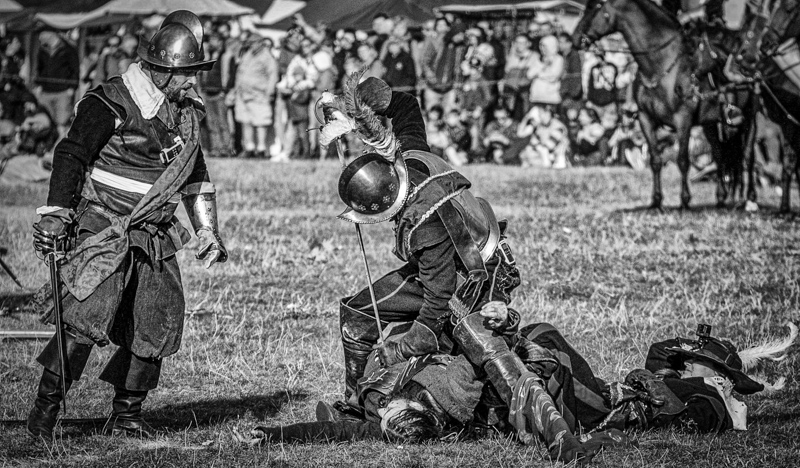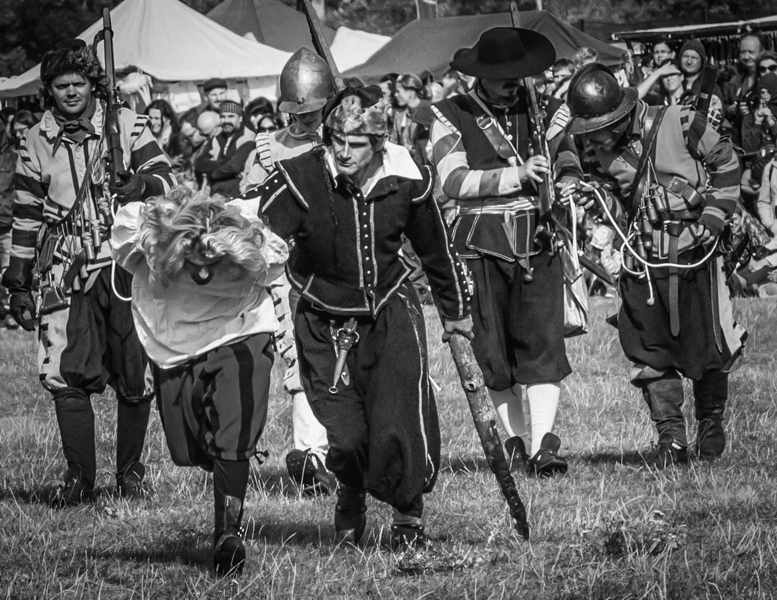Consequence of defeat
30.1.2018The Czech Estates entered the Thirty Years’ War more or less alone, which had fatal consequences for them. Although they started the fight successfully, they elected on the Czech throne the Imperial Prince Frederick, Elector Palatine, the son-in-law of English King, the situation changed soon. The Estates troops, composed of mercenaries of varied origin, suffered defeat in the Battle of White Mountain in November 1620.
Frederick, Elector Palatine, fled the country and the Habsburgs triumphed. Ferdinand II let the insurgents prosecute and began to build the absolutist monarchy, governed exlusively by the monarch and his closest advisers.
The leaders of the Estates Uprising, if they did not go abroad, were arrested and 27 of them were executed as an example to others in the Old Town Square in 1621. The other insurgents were confiscated their estates and other possessions. These first Ferdinand’s steps led to a decline of the estates model of the country.
Almost simultaneously the systematical process of catholicisation began. Rudolph’s Letter of Majesty from 1609 on religious freedom was abolished and the completion of this process was the issue of the Renewed Land Constitution, the provisions of which came into force in 1627 in the territory of the Kingdom of Bohemia and a year later in the Margraviate of Moravia.
All members of the estates society (i.e. nobility and burghers), if they wanted to keep non-Catholic confession, had to leave the Czech lands. Subjects had no choice but to stay and convert to Catholicism.
The Constitution claimed the Czech throne as hereditary in the Habsburg dynasty, clergy sat at the imperial diet, and German was made equal with Czech. It was the beginning of Germanization efforts. As a consequence of the issue of the new Constitution tens of thousands of people emigrated from the Czech lands, among them many intelligentsia.
The Thirty Years’ War left a devastated economy and at the same time reduced the population by about a third. The way out of decline was long and painful. Subject peasants had to pay high taxes, but above all, they became serfs, i.e. they were attached to land, so they were not allowed to move without the consent of manorial nobility and had to carry out compulsory labour duties on manor lands.